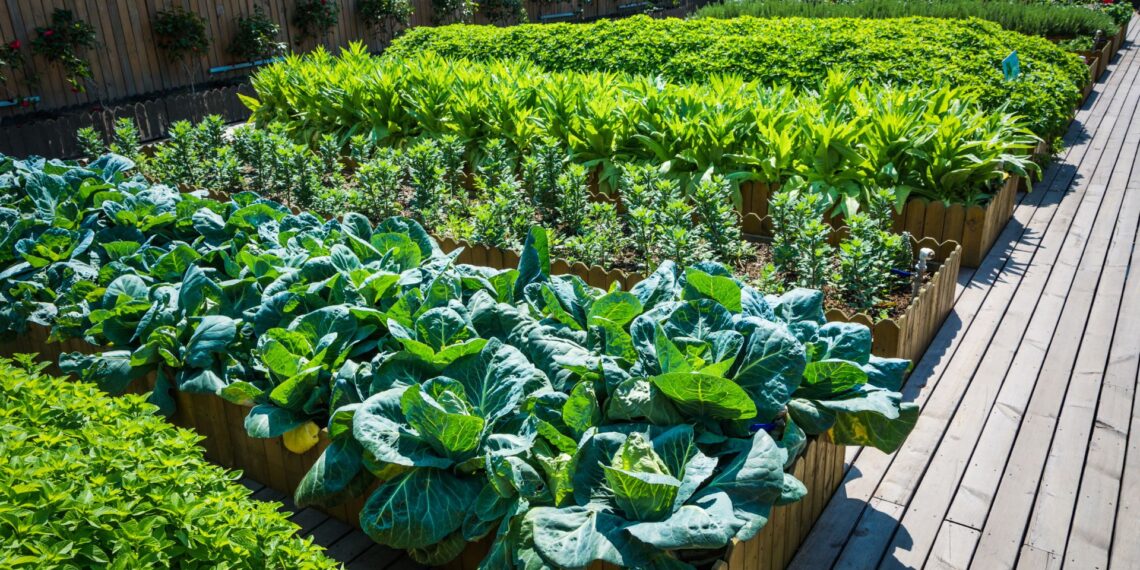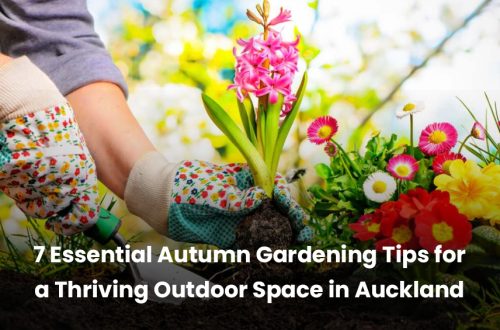Winter in South Africa might not be as harsh as in other parts of the world, but it still presents unique challenges for gardeners. The cooler temperatures and shorter days can slow down growth, and frost can be a real concern in some areas. But don’t despair! With a little planning and the right techniques, you can absolutely have a flourishing garden even during the coldest months. Let’s explore some essential winter gardening tips specifically tailored for South Africa’s climate. Are you ready to learn how to make your garden shine even when the weather is gloomy?
Choosing the Right Plants for Winter Gardening in South Africa
One of the most crucial aspects of successful winter gardening is selecting plants that thrive in cooler conditions. Think about it: planting summer-loving tomatoes in the middle of winter is a recipe for disappointment! Opt for varieties that are known to be frost-tolerant and can handle the shorter daylight hours. What are some good options?
- Vegetables: Spinach, kale, broccoli, cabbage, peas, broad beans, carrots, and onions are all excellent choices.
- Flowers: Pansies, violas, primroses, and snapdragons will add a splash of color to your winter garden.
- Herbs: Parsley, thyme, rosemary, and sage are hardy herbs that can withstand cooler temperatures.
Consider your specific region within South Africa. A garden in the Western Cape will have different needs than one in Gauteng. Research local varieties and consult with your local nursery for the best recommendations.
Tip: Plant seedlings rather than seeds for a head start, especially for slower-growing vegetables. This gives them a better chance to establish themselves before the coldest part of winter hits.
Protecting Your Plants from Frost During South African Winters
Frost can be a major enemy of winter gardens, especially in inland areas. Even a light frost can damage delicate plants. So, what can you do to protect your precious greens?
Effective Frost Protection Methods for Your Winter Garden
- Covering Plants: Use frost cloth, blankets, or even old sheets to cover vulnerable plants on frosty nights. Remember to remove the covers in the morning to allow sunlight to reach the plants.
- Mulching: A thick layer of mulch around the base of your plants will help insulate the soil and protect the roots from freezing temperatures.
- Watering: Water your plants in the morning rather than the evening. This gives the foliage time to dry before nightfall, reducing the risk of frost damage.
- Location, Location, Location: If possible, plant frost-sensitive plants in sheltered areas, such as near walls or under trees.
Don’t underestimate the power of observation! Keep an eye on the weather forecast and be prepared to take action when frost is predicted. A little preparation can go a long way in protecting your winter garden.
Soil Preparation and Feeding for South African Winter Gardens
Healthy soil is the foundation of any successful garden, and winter is no exception. In fact, preparing your soil properly before planting is even more important during the colder months when growth is slower. How can you ensure your soil is ready for winter planting?
Improving Your Soil for Optimal Winter Growth
- Amend the Soil: Add compost or well-rotted manure to improve soil fertility and drainage.
- Check the pH: Most vegetables prefer a slightly acidic to neutral soil pH. Test your soil and adjust accordingly.
- Fertilize: Use a slow-release fertilizer to provide your plants with the nutrients they need throughout the winter.
Interesting Fact: Did you know that earthworms are more active in cooler, moist soil? They’re your allies in improving soil structure and aeration!
Remember, healthy soil leads to healthy plants, which are better equipped to withstand the challenges of winter. It’s an investment that will pay off in the long run.
Watering Strategies for Winter Gardening in South Africa
While it might seem counterintuitive, watering is still important during winter, even though plants need less water than in the summer. The key is to water deeply but less frequently; Are you overwatering or underwatering?
Effective Watering Techniques for Winter
Water deeply when the top inch of soil feels dry to the touch. Avoid watering during the coldest part of the day, as this can lead to frost damage; Water in the morning to allow the foliage to dry before nightfall. Consider using a soaker hose or drip irrigation to deliver water directly to the roots, minimizing water loss through evaporation.
Pest and Disease Control in South African Winter Gardens
Pests and diseases can still be a problem in winter, although they are generally less prevalent than in summer. Regularly inspect your plants for signs of infestation or disease. Early detection is key to preventing major problems. What should you be looking out for?
Common Winter Garden Pests and Diseases and How to Combat Them
Look out for aphids, snails, and slugs. Use organic pest control methods such as neem oil or insecticidal soap. Ensure good air circulation around your plants to prevent fungal diseases. Remove any diseased leaves or plants immediately to prevent the spread of infection.
FAQ: Winter Gardening Tips South Africa
What are the best vegetables to grow in winter in South Africa?
Spinach, kale, broccoli, cabbage, peas, broad beans, carrots, and onions are all excellent choices.
How do I protect my plants from frost in winter?
Use frost cloth, blankets, or old sheets to cover vulnerable plants on frosty nights. Mulch around the base of your plants and water in the morning.
How often should I water my winter garden?
Water deeply when the top inch of soil feels dry to the touch. Avoid overwatering, as this can lead to root rot.
So, there you have it – a comprehensive guide to winter gardening in South Africa! Remember, success in the winter garden comes down to careful planning, choosing the right plants, and providing them with the care they need. Don’t be afraid to experiment and learn from your experiences. With a little effort, you can enjoy a beautiful and productive garden all year round. Embrace the cooler months and watch your garden thrive!






